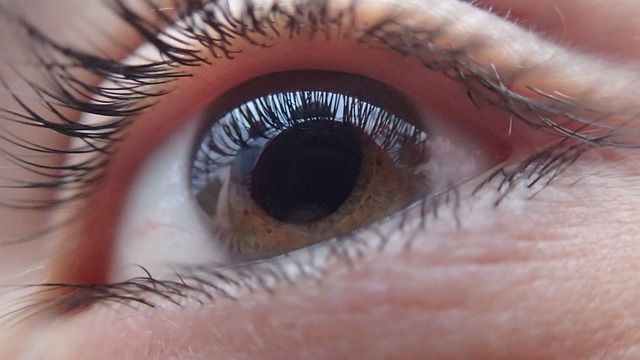As January is Glaucoma Awareness Month it’s important to highlight some key facts about what this eye condition is and how it can develop. This blinding eye disease can lead to vision loss and it’s therefore important to understand how to prevent and treat it accordingly.
- Glaucoma affects more than 2.7 million people in the Western world. In particular it affects people over the age of 40 and is the second leading cause of disease especially in developed countries. It’s also believed that increased awareness and ongoing research may help with reducing the risk of glaucoma.
- Anyone has the potential to develop glaucoma and this is especially common in people over the age of 45, along with babies and children. Those people who are at a higher risk of glaucoma include African Americans over the age of 40, people over 60 especially Mexican Americans and people with a family history of glaucoma.
- A comprehensive dilated eye exam is one way to catch glaucoma early. During this dilated eye exam, the drops are placed within the eyes to dilate or to widen the pupil. An eye care professional may use a special magnifying glass to examine the back of the eye and determine if there are any signs of damage. Those who are more susceptible or at risk of glaucoma are recommended to be examined every 1-2 years.
- Glaucoma affects and damages the eye’s optic nerve. As the optic nerve carries visual information to the brain like a data cable coming out of the back of your eye, it essentially delivers messages. Glaucoma is the result of damaged nerve cells or “wires” within the cable, that therefore disrupts the flow of visual information.
- When glaucoma has damaged the optic nerve, lost vision cannot be restored. This is why early detection of glaucoma is vital if it’s to be slowed down or prevented from progressing.
- Therefore it’s important not to wait for symptoms. When glaucoma is diagnosed early it can prevent it from getting worse. Without treatment or prevention in the form of the right nutrients and health plan, people with glaucoma will slowly lose their peripheral (side) vision and over time their central (straight ahead vision) will also be affected.
- Eye pressure provides a major risk factor for glaucoma. While not every person with increased eye pressure will develop glaucoma, this eye condition can develop without increased eye pressure.
- Lowering eye pressure is the only clinically proven treatment for dealing with lowering eye pressure. Certain medications can make the eye produce less fluid, but others can lower pressure and reduce it directly by draining it from the eye.
- Glaucoma treatments vary and include medicines, laser trabeculoplasty, conventional surgery, or any combination of these. However, early diagnosis is very important to delay its progression.
- It’s possible to reduce and prevent the onset of glaucoma and other eye conditions by following a naturally healthy diet and lifestyle for best results. This isn’t made well known within the mainstream media or modern medicine as it would threaten the Big Pharma industry.
Thankfully, it’s possible to reduce the symptoms of glaucoma by following the above tips and recommendations. You can also find relief by taking the following nutrients and advice for best eye health…
Recommended Examples
 Serranol™
Serranol™
Containing Serrapeptase, Curcumin, Ecklonia Cava and Vitamin D3. These ingredients support eye health by providing better eye circulation, due to the serrapeptase clearing inflammation. Curcumin contains anti-inflammatory herbs that stimulate glutathione to protect the cells and the tissue from inflammation, while modulating the immune system.
Alpha Lipoic Acid is a ‘network’antioxidant that supports eye health, repairs oxidative damage, regenerates other antioxidants and chelate excess metals.
Also read the ‘Improving Eye Disease in 30 Days’ ebook by Robert Redfern to improve eye health too….


 Serranol™
Serranol™




Thank you for helping me understand more about glaucoma. It’s really interesting to read that having an awareness of it can actually help reduce the risk of getting it. I assume this is because, once learning about it, people want to make sure that they are doing what they can to prevent it. Either way, I’m hopeful for the future and excited to see what new innovations will be made to treat this.
Thank you for the facts about glaucoma; the more you know the better. I had no idea that slowing glaucoma was so essential; I always thought the effects could be reversed. My grandpa has been dealing with glaucoma for a while now, and he has been debating on getting it checked out. I will be sure to share this information with him.
Hello Hector,
Thank you for your message. Yes, feel free to share the plan with your grandpa. Here is the Glaucoma health plan: https://serrapeptase.info/glaucoma-health-plan/
Kind Regards, Anna, Naturally Healthy News